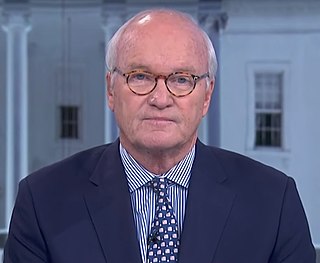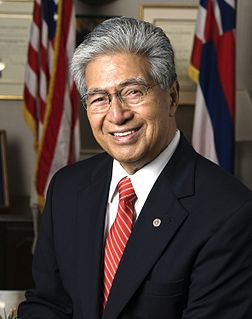A Quote by Paul Wolfowitz
We did not go to war in Afghanistan or in Iraq to, quote, 'impose democracy.' We went to war in both places because we saw those regimes as a threat to the United States.
Related Quotes
It was not the United States who invaded Kuwait; it was Iraq. It was not the United States that went to war with Iran; it was Iraq. It was not the United States that fired chemical weapons at Iran; it was Iraq. And it was not the United States that murdered innocent Iraqi citizens with chemical weapons; it was Iraq.
What bin Laden had hoped to achieve in Afghanistan in the post-9/11 period, which was to drag the United States into a protracted guerrilla war like the one he had fought against the Soviets, never happened. Instead, that protracted guerrilla war is now playing out in Iraq, in the heart of the Middle East.




































